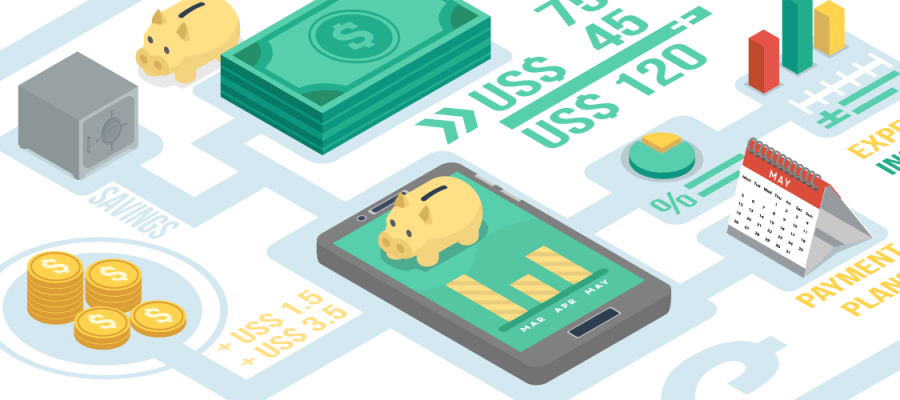For years, financial advisors have told people that an easy way to rebuild poor credit, or to establish credit when you have none, is to get a secured credit card. They were easy to get because the lender had zero risk. Because the consumer deposited an amount into a savings account that was held as security against the line of credit, default simply meant the credit issuer taking the savings account.
Because the credit card was treated just like any other card in terms of monthly statements, interest, and reporting to the credit bureaus, wise use helped the consumer build a reputation for paying bills on time. Thus his or her credit score would begin to rise. Eventually, after a year or so of on-time payments, the card could be converted to a normal, unsecured card, and the credit limit was usually raised as well.
Now, all of a sudden, fewer banks are offering these cards. Why are they doing that?
Because all credit card issuers are worried about right now is profit. They want to issue cards only to those people who will become a greater source of revenue for them while offering the least risk of default.
Secured cards don’t meet that test.
Because they are generally low-limit cards, even charging 18-20% interest doesn’t earn much for the card issuer. If a person is only carrying $200 in debt, at 20% they’re only paying $3.33 per month interest. So even if they’ve paid a $30 annual fee to use the card, at the end of the year, the card issuer is only about $70 richer.
They do charge the set up fees, the processing fees, and usage fees, but even those don’t make up for collecting . Also, because the new regulations set to go into effect next year will limit those fees, many card issuers are hurrying to get out of the secured credit card business now.
Card issuers would much prefer to do business with a card holder who carries $4,000 in debt and pays 10% interest – for interest of $33.32 per month. That’s about $400 per year. Next, card issuers are getting “snooty.” They don’t want to associate with people who don’t have a proven track record – as shown by a good credit score. A few card issuers do still offer secured cards – but all offers are not alike. So do check all the details before you apply.
Check the fine print for these items: A card that reports to the credit bureaus Added fees – this is important! Rates – They range from 7.99% to well over 20% A grace period – If you’re paying in full each month, you don’t want to pay interest from the day you charge until you pay the next bill A “graduation” provision – so that you can move on to an unsecured card later


